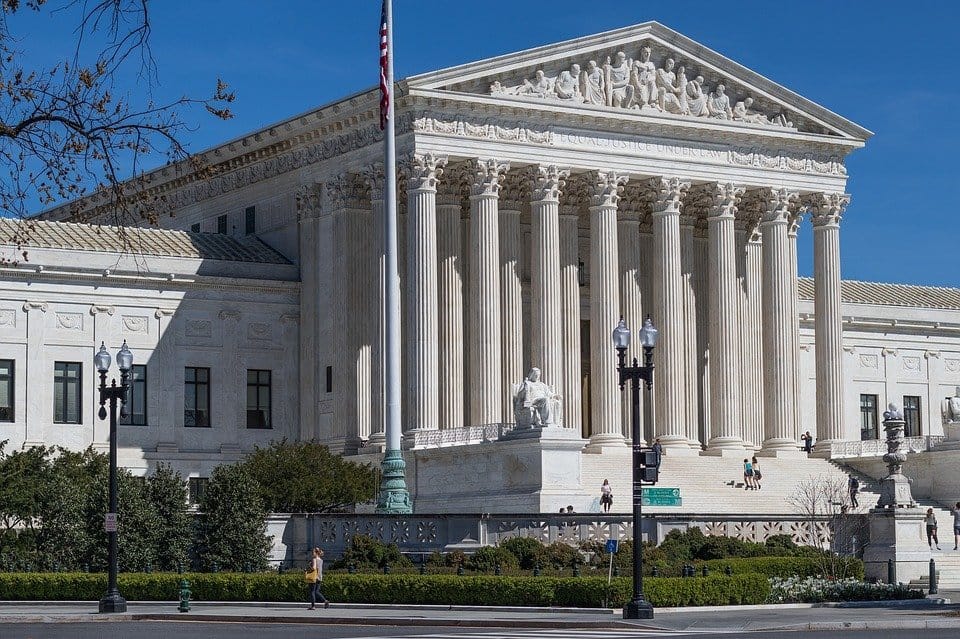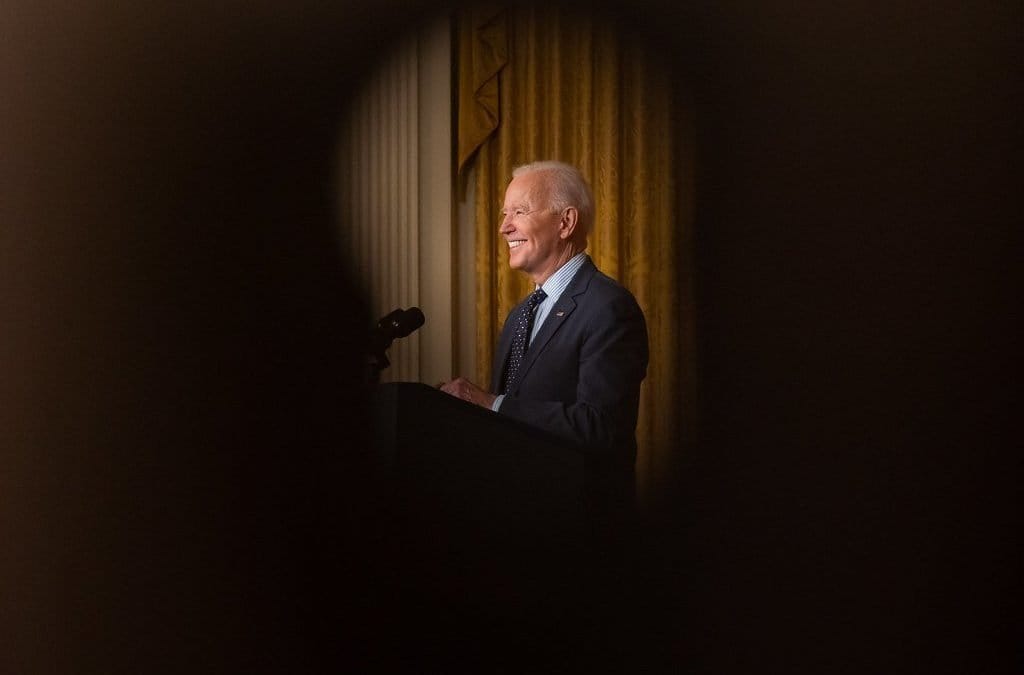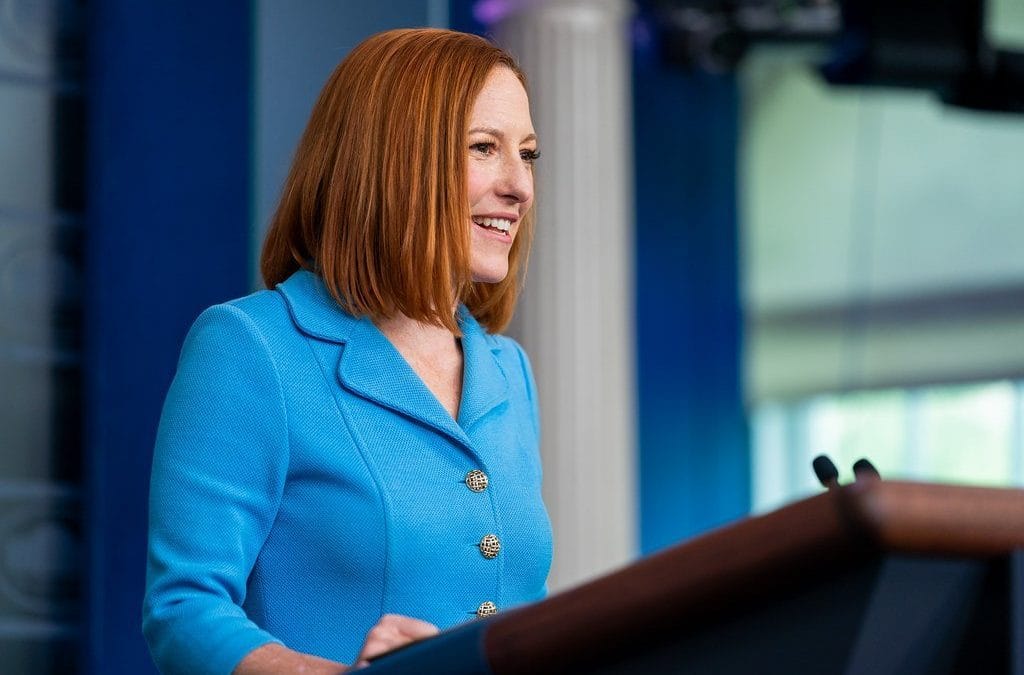
Sep 14, 2021 | Sci-Tech
For 36-48% of COVID hospitalizations, COVID diagnosis was merely incidental. Quoting from The Atlantic "Our Most Reliable Pandemic Number Is Losing Meaning" (13 Sept 2021):If you want to make sense of the number of COVID hospitalizations at any given time, you need to know how sick each patient actually is. .... yet the overall tallies of COVID hospitalizations, made available on various state and federal dashboards and widely reported on by the media, do not differentiate based on severity of illness. Some patients need extensive medical intervention, such as getting intubated. Others require supplemental oxygen or administration of the steroid dexamethasone. But there are many COVID patients in the hospital with fairly mild symptoms, too, who have been admitted for further observation on account of their comorbidities, or because they reported feeling short of breath. Another portion of the patients in this tally are in the hospital for something unrelated to COVID, and discovered that they were infected only because they were tested upon admission. How many patients fall into each category has been a topic of much speculation. In August, researchers from Harvard Medical School, Tufts Medical Center, and the Veterans Affairs Healthcare System decided to find out.
[...]Instead of meticulously looking at why a few hundred patients were admitted to a pair of hospitals, they analyzed the electronic records for nearly 50,000 COVID hospital admissions at the more than 100 VA hospitals across the country. Then they checked to see whether each patient required supplemental oxygen or had a blood oxygen level below 94 percent. (The latter criterion is based on the National Institutes of Health definition of “severe COVID.”) If either of these conditions was met, the authors classified that patient as having moderate to severe disease; otherwise, the case was considered mild or asymptomatic.
The study found that from March 2020 through early January 2021—before vaccination was widespread, and before the Delta variant had arrived—the proportion of patients with mild or asymptomatic disease was 36 percent. From mid-January through the end of June 2021, however, that number rose to 48 percent. In other words, the study suggests that roughly half of all the hospitalized patients showing up on COVID-data dashboards in 2021 may have been admitted for another reason entirely, or had only a mild presentation of disease.
The study also points out how vaccination helps reduce the severity of the infection:One of the important implications of the study, these experts say, is that the introduction of vaccines strongly correlates with a greater share of COVID hospital patients having mild or asymptomatic disease. “It’s underreported how well the vaccine makes your life better, how much less sick you are likely to be, and less sick even if hospitalized,” Snyder said. “That’s the gem in this study.”
“People ask me, ‘Why am I getting vaccinated if I just end up in the hospital anyway?’” Griffin said. “But I say, ‘You’ll end up leaving the hospital.’”
The authors conclude by noting that those with COVID, but suffering from something else, should not be classified as a COVID hospitalization -- to which I might add, not a COVID death.[...] Doron told me, referring to decisions about school closures, business restrictions, mask requirements, and so on, “we should refine the definition of hospitalization. Those patients who are there with rather than from COVID don’t belong in the metric.”

Sep 10, 2021 | Politics
From NBC News (Aug. 22, 2021):Former President Donald Trump was booed at a rally Saturday in Alabama after he told supporters they should get vaccinated.
"And you know what? I believe totally in your freedoms. I do. You've got to do what you have to do," Trump said. "But I recommend take the vaccines. I did it. It's good. Take the vaccines."
Some boos rang out from the crowd, who were largely maskless.
"No, that's OK. That's all right. You got your freedoms," Trump said, echoing rhetoric from opponents of mask and vaccination mandates. "But I happened to take the vaccine. If it doesn't work, you'll be the first to know. OK? I'll call up Alabama, I'll say, hey, you know what? But [the vaccine] is working. But you do have your freedoms you have to keep. You have to maintain that."
Such is Trump's alleged power to control and determine the views of his supporters.Trump is viewed as a cause (as opposed to an amplifier, or effect) of the rise of populism and nationalism, when he, like most politicians who seek power, is simply responding to concerns of the electorate -- legitimate (vaccine mandates) or not (anti-vaccination on principle) -- that are out there. Trump being booed is an illustration of this principle of the horse being driven by the alleged cart.Sep 10, 2021 | Philosophy
https://www.youtube.com/watch?v=eocJQTCbBpwWhat explains the rise of statism in America, a nation founded on laissez-faire capitalist principles? Leonard Peikoff takes up this question in this 1980 lecture to a group of businessmen. After considering popular yet insufficient explanations, Peikoff identifies the ideas dominating Western philosophy as the crucial determinant.









